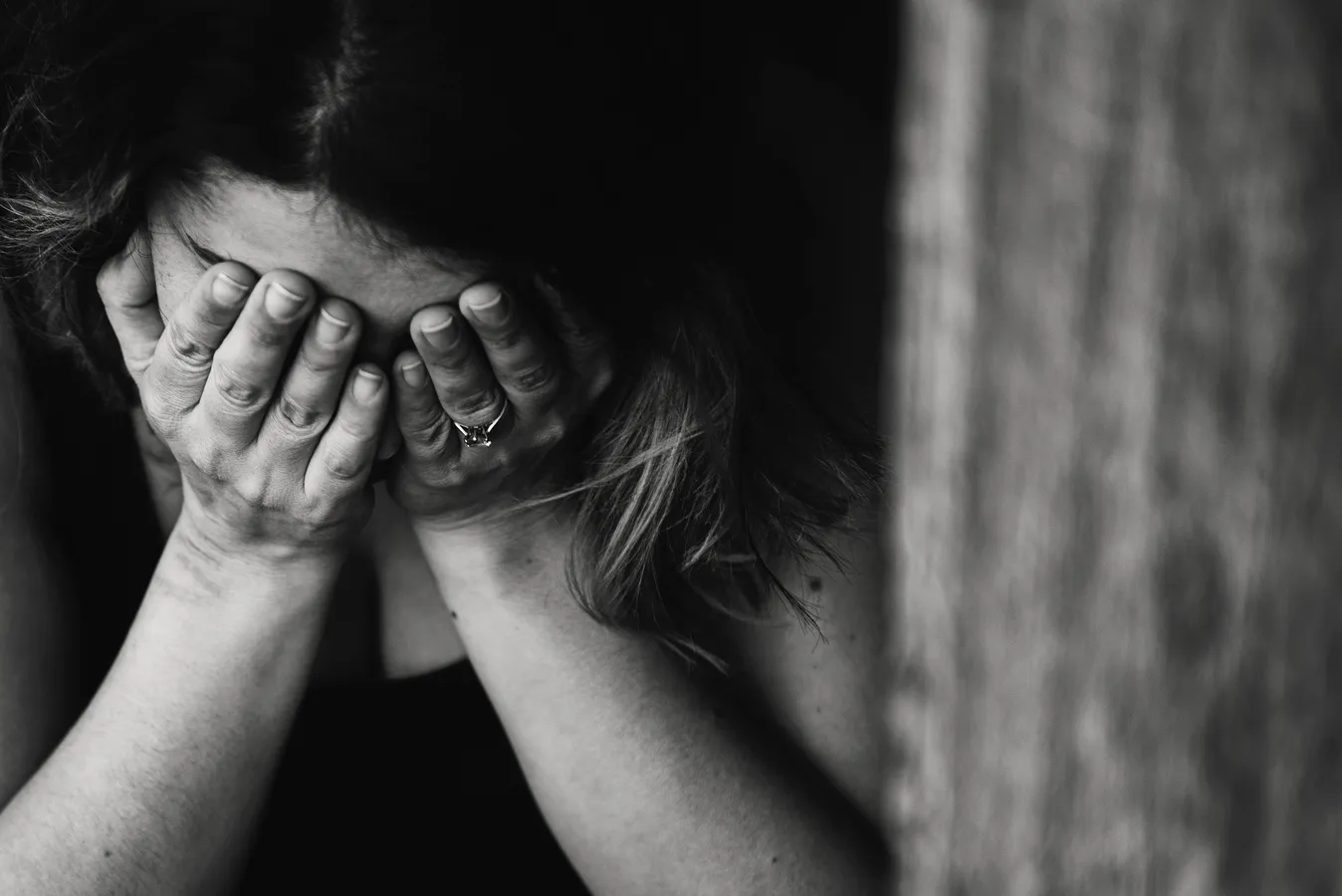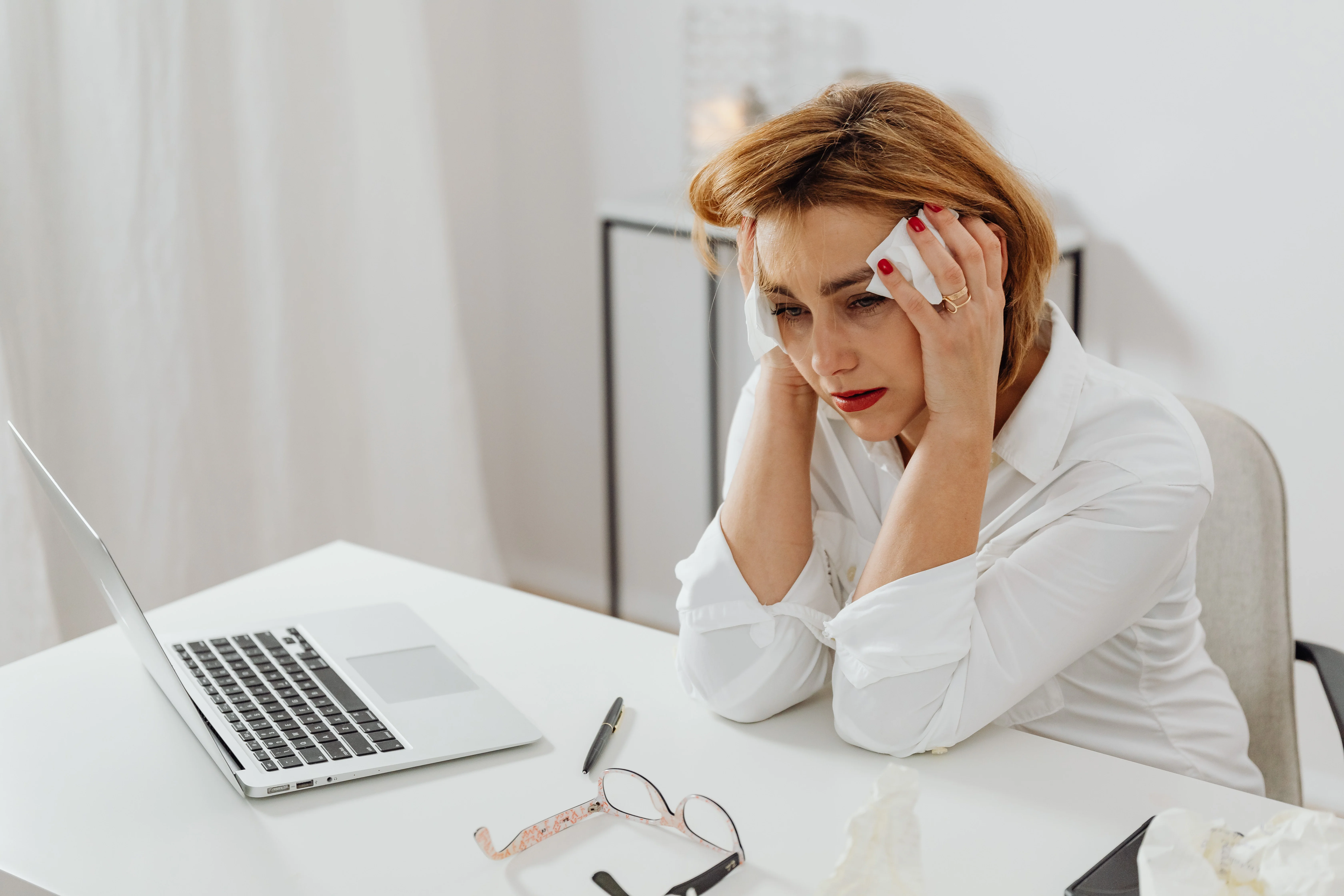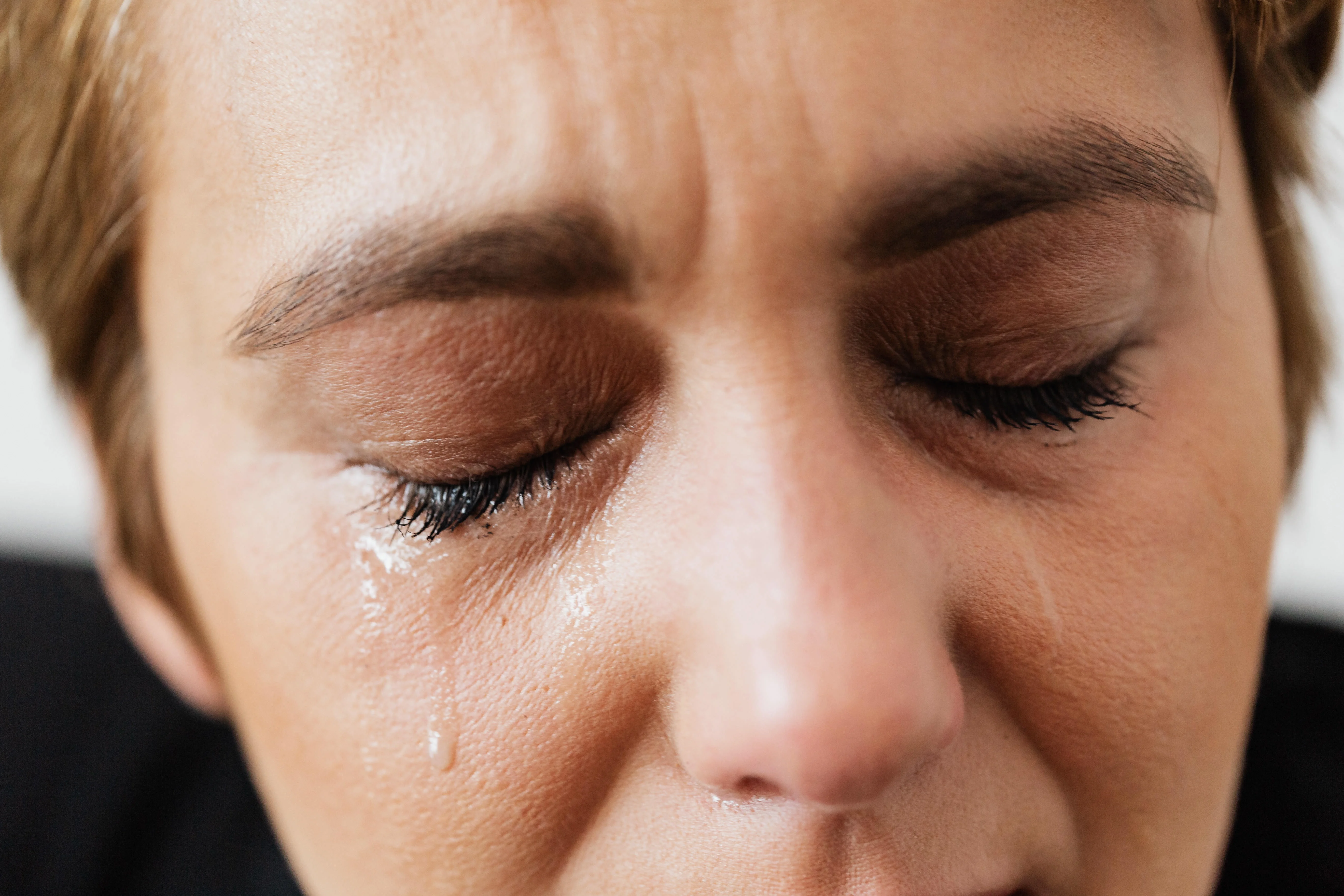How to Overcome The Feeling of Guilt as A Woman?
5 minuteRead

Why do we feel guilty?

Source: Pexels
You could be feeling guilty for a variety of reasons. It could be due to an event, a situation, or a person.
Some individuals, for example, suffer from "survivor guilt." This occurs when a survivor of an event or situation feels guilty for surviving when others did not.
It's also common to feel bad about something you did that you believe was morally wrong. Typically, this type of guilt is accompanied by shame. Instead of admitting and apologising for what you did, you may try to hide it out of shame. Some people would prefer to live with a constant sense of guilt rather than admit their mistakes. This could be due to the fact that the truth causes shame.

Source: Pexels
Some people feel bad about a particular behaviour or habit. Others are self-conscious about their flaws. Others may feel guilty for failing to act when they believe they should have, such as failing to defend a friend when they needed you to.
There are numerous factors that can lead to feelings of guilt.
To summarise, feeling guilty about something frequently entails:
- Concentrating on previous actions or deeds
- Recognizing that the consequences of previous actions are unchangeable
- Putting distance between yourself and those you've harmed
- Expecting repercussions
When you begin to feel guilty, you may not even understand why you are feeling guilty. In other cases, you may be aware of why you are feeling guilty but are unsure how to address it.

Source: Pexels
Here are a few tips to help you stop feeling guilty.
Accept what has already happened
Nobody has the ability to go back in time. If you're feeling guilty about a past mistake or event — for example, if you're experiencing survivor guilt — you can begin to accept what happened and accept that nothing you can do will change the past.
If necessary, apologise
It can be difficult to apologise when you have hurt someone. This could be due to feelings of shame, which is natural and very common.
But there's no need to wallow in self-pity. If you believe you can solve the problem by apologising, this could be a good solution. You may not get the desired results, but the person you harmed will notice that you are attempting to correct your error. That can help a lot.
Recognize where you are and what has changed
If you're feeling guilty about something and know what's causing you to feel guilty, acknowledge that you can't change what happened.
Second, recognise where you are and what has changed. For example, suppose you hurt a friend and he or she refuses to accept your apology and decides to end the friendship. You've done everything possible, but the friendship is over. Once you accept the reality of your current situation, you can begin to forgive yourself and give yourself another chance.
Consider what you would do differently now
What were you doing before that made you feel guilty, and what can you change to feel less guilty?
The most difficult part may be identifying the behaviour that is making you feel guilty. Once you've identified the source of your guilt, you can begin to make changes and stop feeling guilty. For example, perhaps you feel guilty for not pitching in with housework. Begin small and make it a priority to help more people. If you have a habit of purchasing expensive lattes that makes you feel guilty, start by purchasing them less frequently or changing your coffee order. Perhaps instead of becoming a weekly ritual, it becomes a special treat at the end of the week. Alternatively, instead of a super-sized special order with all of the toppings, you opt for a less-expensive simpler drink. Try this method out. Once you've identified the behaviour that is causing you to feel guilty, you can begin making changes to see if they make a difference.
Consider the lessons you've learned
If your actions have caused harm to another person, consider the lessons that the consequences can teach you. Assume you took something from a friend. Even if you return what you stole and apologise, your friend may decide that you are no longer welcome in their life. The lesson here could be that just because you have an urge to take something that doesn't belong to you, you don't have to follow through on that urge. It could cost you a good friend.
Remember the consequences of your previous behaviour the next time you have an urge to do something wrong. Reflecting on what you've learned can help you do things differently in the future.
If you are unable to cope on your own, seek assistance
Overcoming negative thoughts and emotions necessitates a great deal of determination and support. It can be difficult to cope with feelings of guilt, shame, anxiety, and other negative emotions without the support of people you trust. So, if you're having trouble coping with feelings of guilt, talk to someone. It could be a close friend, a family member, or a professional.
Make a difference
Doing something good can assist you in overcoming feelings of guilt. This can include things like community service or volunteering.
Discover something new
Try something new or something you've never done before. Concentrating your thoughts on a new skill can help you think about something other than your feelings of guilt. Make goals and work to achieve them. Redirect your attention to something positive. Instead of dwelling on what makes you feel guilty, concentrate on achieving your objectives.
Celebrate your small victories
Be proud of every small achievement you make. Even apologizing for something you’ve done wrong is an achievement in itself. Commend yourself for being brave enough to apologize despite the shame.
Turn guilt into gratitude
You may see guilt as a negative emotion, which leads to other negative emotions. But you can also try turning guilt into gratitude. Studies show that guilt can help you do things that are morally right. Guilt can make you honest. So whenever you are feeling guilty, try to look at it in a positive way. Learn to appreciate that guilt because it will help you grow as a person.
Try not to be too hard on yourself
Don't sabotage yourself by dwelling on a blunder. Nobody is without flaws. Recognize that you are human, and that we all make mistakes. Don't burden yourself with feelings of guilt over something you can't change or undo once you've apologised and fixed your mistake where and when you can. This can only have a negative impact on your physical and mental health. Instead, take care of yourself. Self-compassion is important, as is telling yourself that you are enough.
Increase your self-esteem
Guilt is linked to shame, and shame results in low self-esteem. You can overcome guilt and shame by learning to forgive yourself. It's easy to be critical of yourself, and these negative thoughts are frequently fueled by feelings of guilt.
You can boost your self-esteem once you stop feeling guilty. Self-esteem and self-compassion are inextricably linked. Show yourself compassion if you want to start feeling better about yourself. This will boost your self-esteem and self-worth.
Seek professional assistance
If you've tried everything to stop feeling guilty but haven't had any luck, remember that you can always ask for help. If your guilt is interfering with your daily life and making you depressed, speak with a professional. Don't let guilt rule your life. Asking for help is a wonderful way to express your love for yourself.
Write, Record and Answer! Consume Unlimited Content! All you need to do is sign in and its absolutely free!
Continue with one click!!By signing up, you agree to our Terms and Conditions and Privacy Policy.










